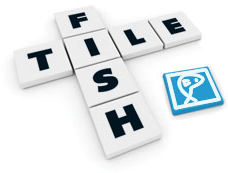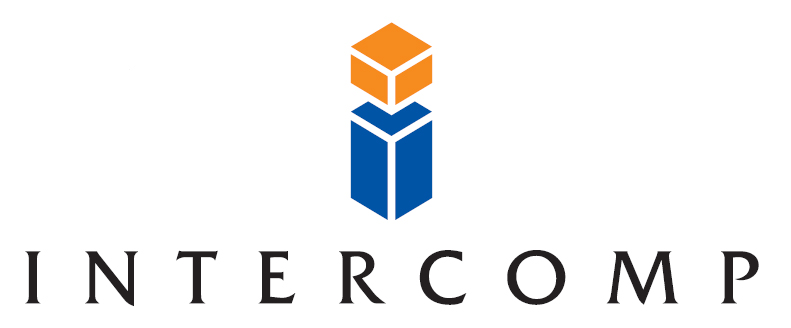2010 European Open Scrabble Championship: May 8-11, Sliema, Malta |
| May 8–11, 2010 |
Go to: Commentary Games Players tsh Reports Scoreboard A Scoreboard B Standings Photos Prizes
Back to EOSC 2010 Live Coverage
EOSC 2010 Commentary: Round 26
[ ]
Go to: Before the Tournament, Round 1, Round 2, Round 3, Round 4, Round 5, Round 6, Round 7, Round 8, Round 9, Round 10, Round 11, Round 12, Round 13, Round 14, Round 15, Round 16, Round 17, Round 18, Round 19, Round 20, Round 21, Round 22, Round 23, Round 24, Round 25, Round 26, Round 27, Round 28, Round 29, Round 30, Round 31, Round 32, After the Tournament.
Division A
So at the end of the penultimate day, with six games remaining, the best players in Europe have managed to humble Nigel Richards (MYS). His tournament average has sunk below 500 to an almost human 494. He has failed so far to break the +4000 mark in cumulative spread. Once again, he has failed in the simple task of going undefeated over the course of a day, losing one game to Harshan Lamabadusuriya (Eng) with a score that did not even break 400. Far from being Gibsonized, he has left not one but two players in a theoretical position to catch up with him in six games: Harshan and Helen Gipson (Sco). His estimated WESPA tournament rating as of tonight is up barely 34 points to 2158, well short of Ganesh's 2182. Who is this impostor, and what has he done with Nigel?
Just kidding, of course. I wish poor Nigel better luck tomorrow, and in the Malta International next weekend.
Nigel finished the day 22-4 +3685, ahead of Helen at 20-6 +1435 and Harshan at 17-9 +1396. Because of the spread difference, Theresa Brousson (MLT) at 16-10 +463 does not have a realistic chance of claiming the top prize, but is well placed to win one of the top four cash prizes that TD Amy Byrne is awarding. Also at 16-10, -147 is Joanne Craig (AUS), who needs to make up a bit of spread, but could easily finish in the top four.
My thanks to those who pointed out an error in tsh's original pairings for Round 27, including Theresa and Karen Richards (AUS). Players should always be vigilant to pairing accuracy, and directors should wherever possible review computer-generated pairings manually for unusual situations before players take their seats. Those who do not wear a "pairings weenie" badge with pride should probably skip the rest of this paragraph. I was expecting some sort of odd situations to occur because I don't believe that a 32-round tournament for 28 players should be run Swiss. We didn't have a choice though, as we found out only after all games had started that a couple of Australian players had thought they had signed up for the A division but were paired in B. Having to use Swiss pairings means that the top players probably have a better time playing each other, and prizes are awarded based on ability to defeat peers rather than ability to rack up spread against much weaker players, but the lower players may get tired of repeat pairings when there's no a priori reason why they shouldn't get a turn playing everyone, even Nigel. tsh will by default assign one or more round robins if it receives no pairing instructions and it determines that the schedule permits. When explicitly told to pair modified Swiss (which I immodestly refer to as Chew pairings), and given no further instructions, for most of the tournament, tsh will pair a top flight of no more than 12 players (but possibly fewer, if as in this case not everyone is in contention for first place any more) specially and the rest Swiss. In the last few rounds, that 12 becomes 8, then 4, then 2. Specially means that if they can be split into an upper and lower group without increasing repeats, the upper group is paired by pairing the highest as yet unpaired player to the lowest-ranked eligible player who can catch up to them, and the lower group is paired Swiss. When determining who can or cannot catch up to someone, tsh uses a moderately computationally intensive process of assuming that everyone ranked above a player plays each other, with lower ranked players beating higher ones by optimal spreads. To avoid having to run this process more often than necessary, it takes a few shortcuts to decide when to exclude someone form consideration as a contender. Up until today, one of those shortcuts was that in all but the last two rounds, if you're not actually in the prize band (the top four in this case), you play Swiss with all the also-rans. In this particular case, the pairing was pessimal, because the fifth-ranked player was paired with someone at the bottom of the field, solely because the pairings were so congested, it was the only way to pair Swiss with minimum repeats. Clearly, since #5 is still in contention here, they ought to be playing someone higher up. The code change I made tonight (which will be published later this week) ensures that all players in the top flight (12 this round) are excluded from the general Swiss pool. I hope that was clear.
Word challenged in this round, both divisions:
GOWFS REBITING LARRY TREILLES RENEW RAJ OE METOPONS KOPRA POKAL FARNESS AXONES WANION JEEZ RESTAIN RESIANT PAGOD EDULTING HINGERS ATS WEA STOT CAAS SEEDLER
11 are acceptable in OWL, 7 are CSW-only and 6 are altogether phoney.
Division B
Jayne MacKenzie (Eng) is a game away from being Gibsonized, after Charles Micallef (MLT) had a mediocre 4-5 day to Jayne's 8-1. (Dominic Borg (MLT) also had an 8-1; it's a shame he forfeited so many games to take a day off to work, or he'd be in contention.) Jayne is at 23-3 +2292, Charles at 17-9 +1434, Anna Borg (MLT) 16-10 -26 and Nicky Huitson (Eng) 16-10 -57. There are five more players at 15-11, so the prize cash for second through fourth is all still up for grabs; it would take a miracle for Jayne not to walk away the winner tomorrow.
Thank you all for reading this far, please stay tuned for the exciting conclusion to our tournament tomorrow.



